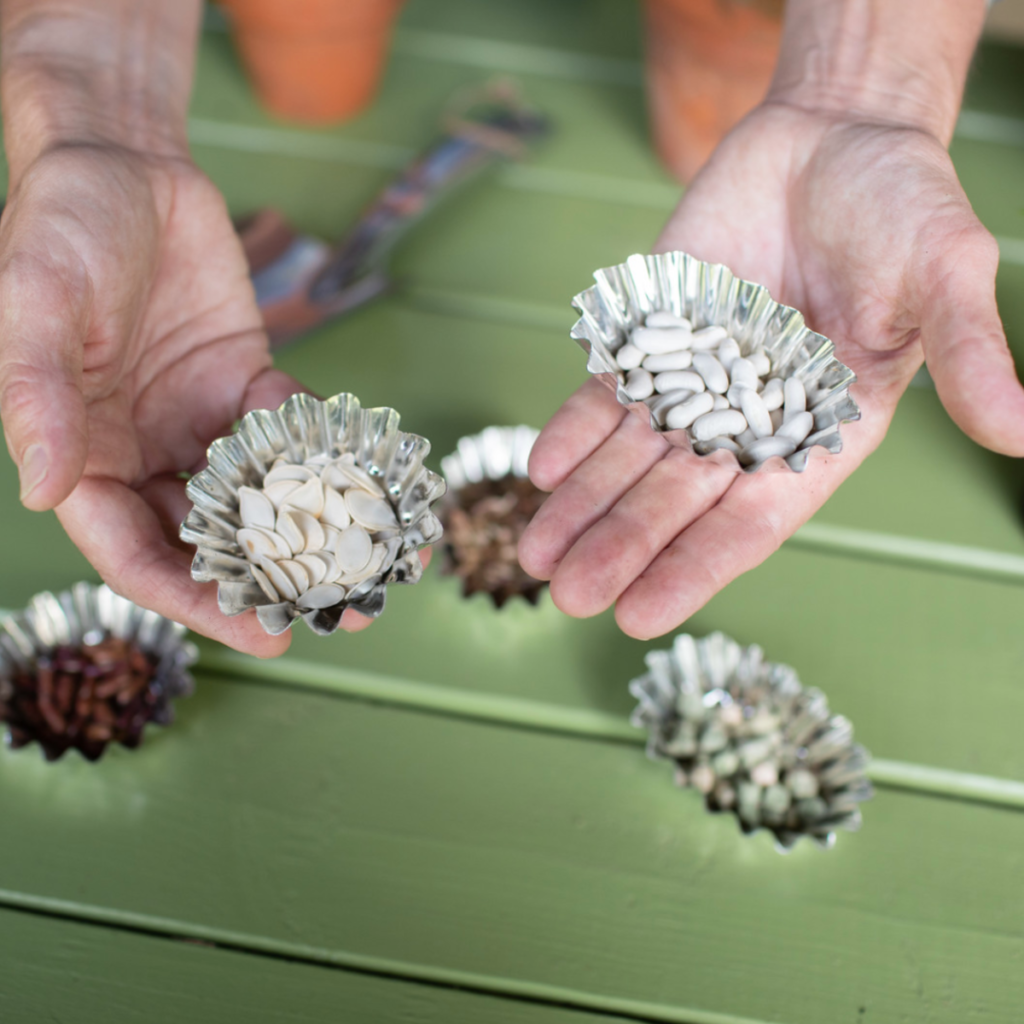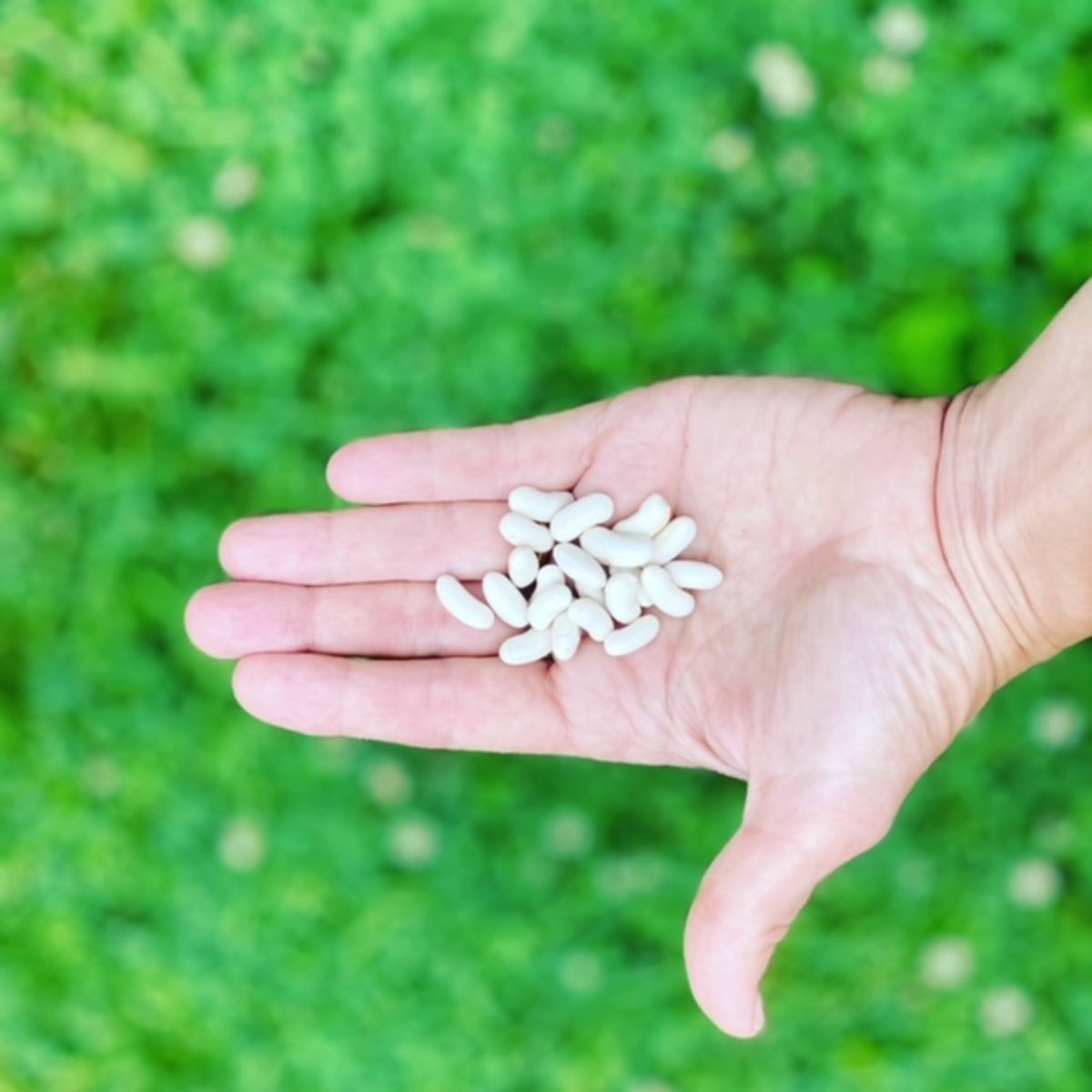So you want to start your garden from seed this year and you don’t know what seeds to select? Let’s answer your questions: who are the best suppliers? heirlooms or hybrids? organic or conventional? and how much you should buy? (Note: I don’t have a relationship with nor am I paid by any seed company! These are just my personal recommendations)
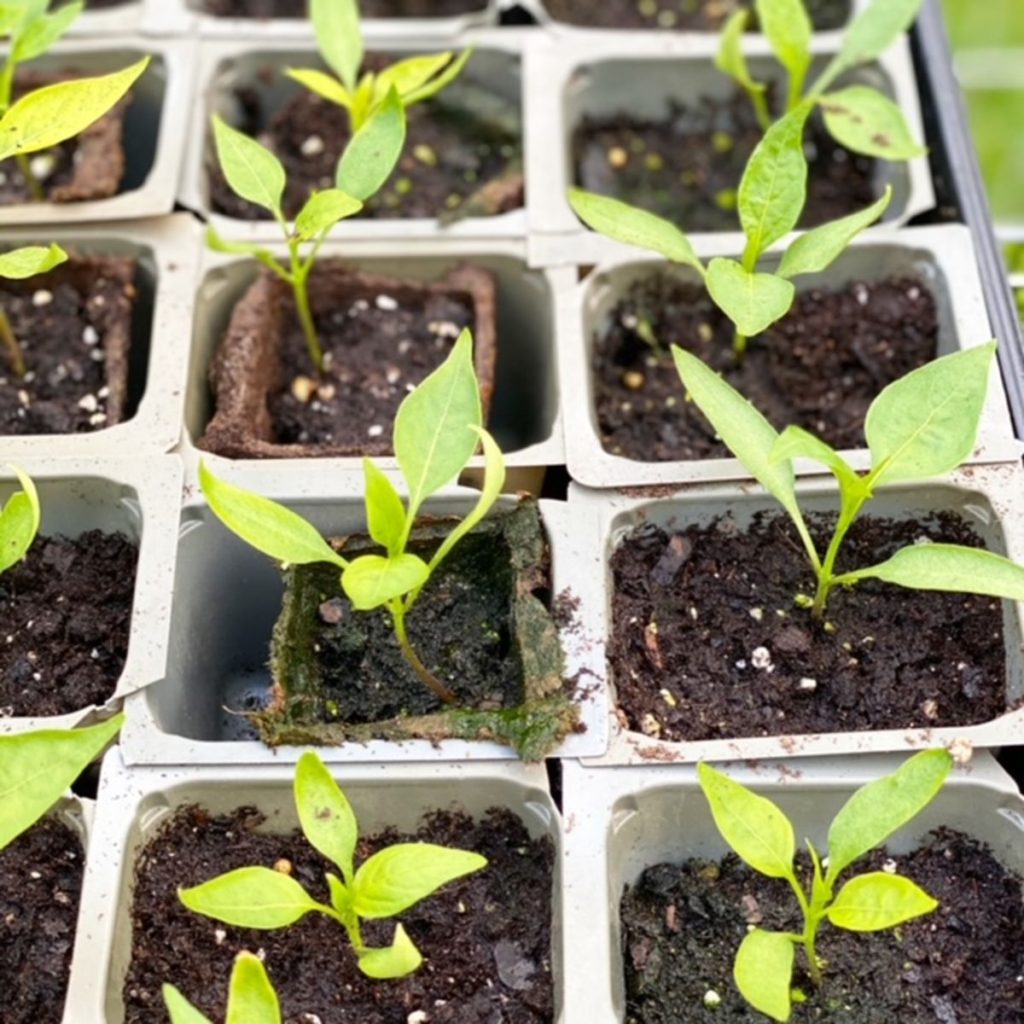
Grow What You Eat!
The first thing you need to ask yourself is “what do I want to grow?” You’d be surprised by how many people stumble on that questions. Every year I meet people who planted tomatoes, eggplant, zucchini and peppers in their garden – and then didn’t eat the eggplant or the zucchini because…wait for it…they don’t like eggplant and zucchini! When I ask, why did you plant that if you don’t like it, they say, “because that’s what they were selling at the garden center!”
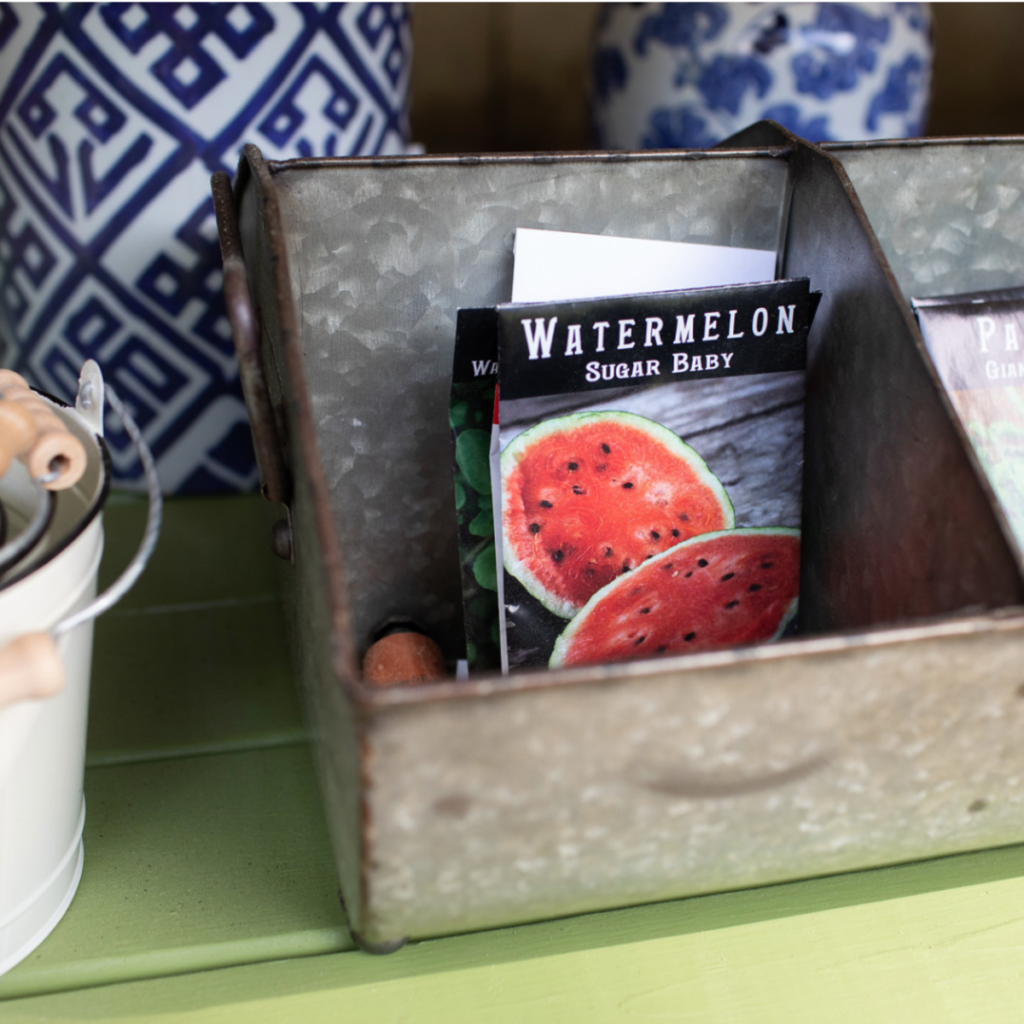
Okay, that makes sense for first timers, but let’s not make that mistake again. What do you love to EAT? If you love okra, tomatoes, beans and basil, then grow those and pass up all those pretty seedlings or seed packets that don’t belong in your garden if they don’t feed you. What do you find yourself buying over and over at the grocery store? Plant those items if you can.
What Can’t I grow?
No everything may be possible in your garden. I would love to have an avocado tree in my yard, but in my Zone 7 garden, I just wouldn’t be able to keep it alive. It’s a good idea to identify what you want to grow and then figure out if your climate will support it. Visit this site and enter you zip code to see what zone you are in as well as what your first and last frost dates are. Most seed sites and packages provide information on where each seed can be grown successfully (and you can alway ask me in the comments!)
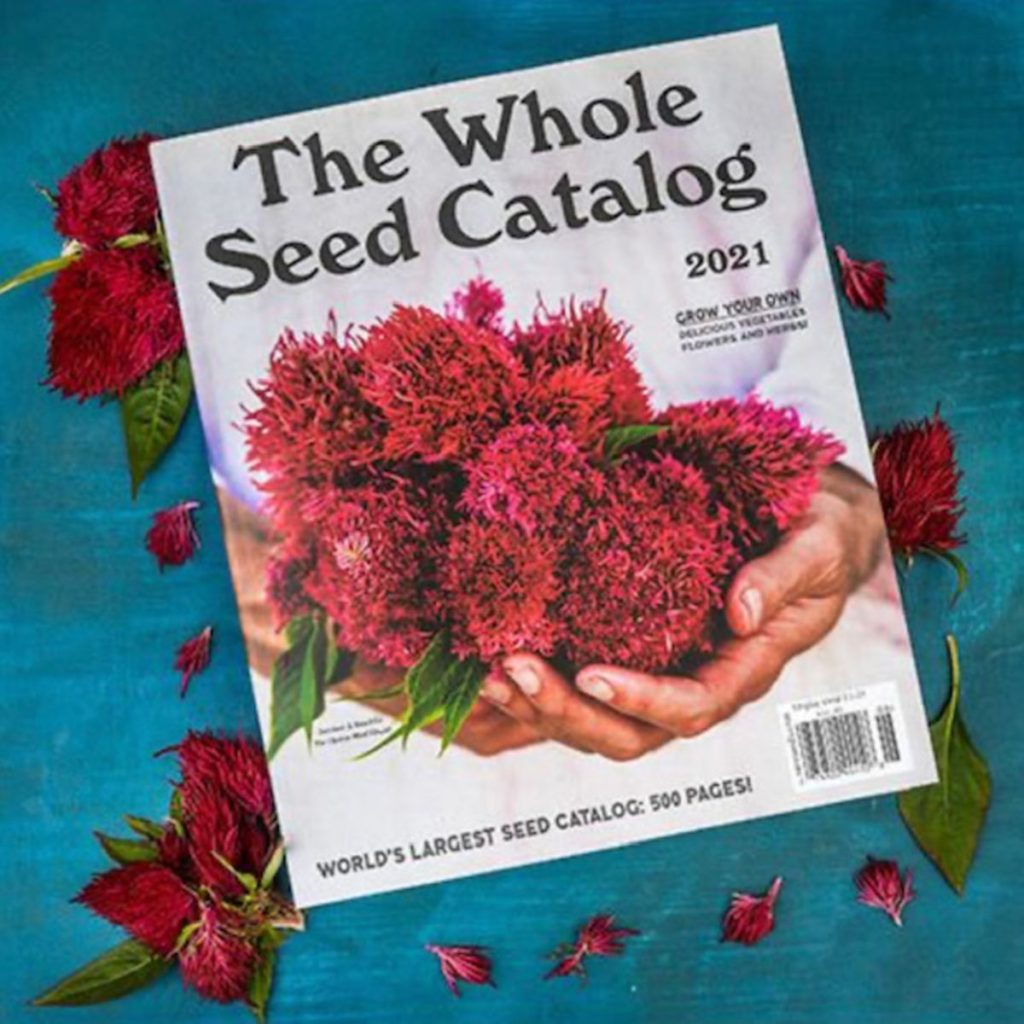
Organic vs Conventional
The trend in backyard gardening is definitely leaning to organics. Organic seeds were harvested from a certified organic grower which means they have to prove they have not used chemicals for at least 3 years. If you are planning an organic garden, I recommend organic seeds to avoid chemical inputs a grower may have used.
So now you have your personal list. Where should you buy?
I have some favorite suppliers that I have used for many years. I lean towards organic, heirloom seeds, but there are reason to buy other kinds. Start by checking out Baker Creek Seeds. They have the largest catalogue of seeds in the business right now and they are passionate about organic and regenerative agriculture. Did you think carrots only came in orange? Nope! Baker Creek will have a dozen colors to choose from. Tomatoes? Every color and size you can imagine! You might be overwhelmed at first, so buy what feels familiar to you and then experiment with a few new things.
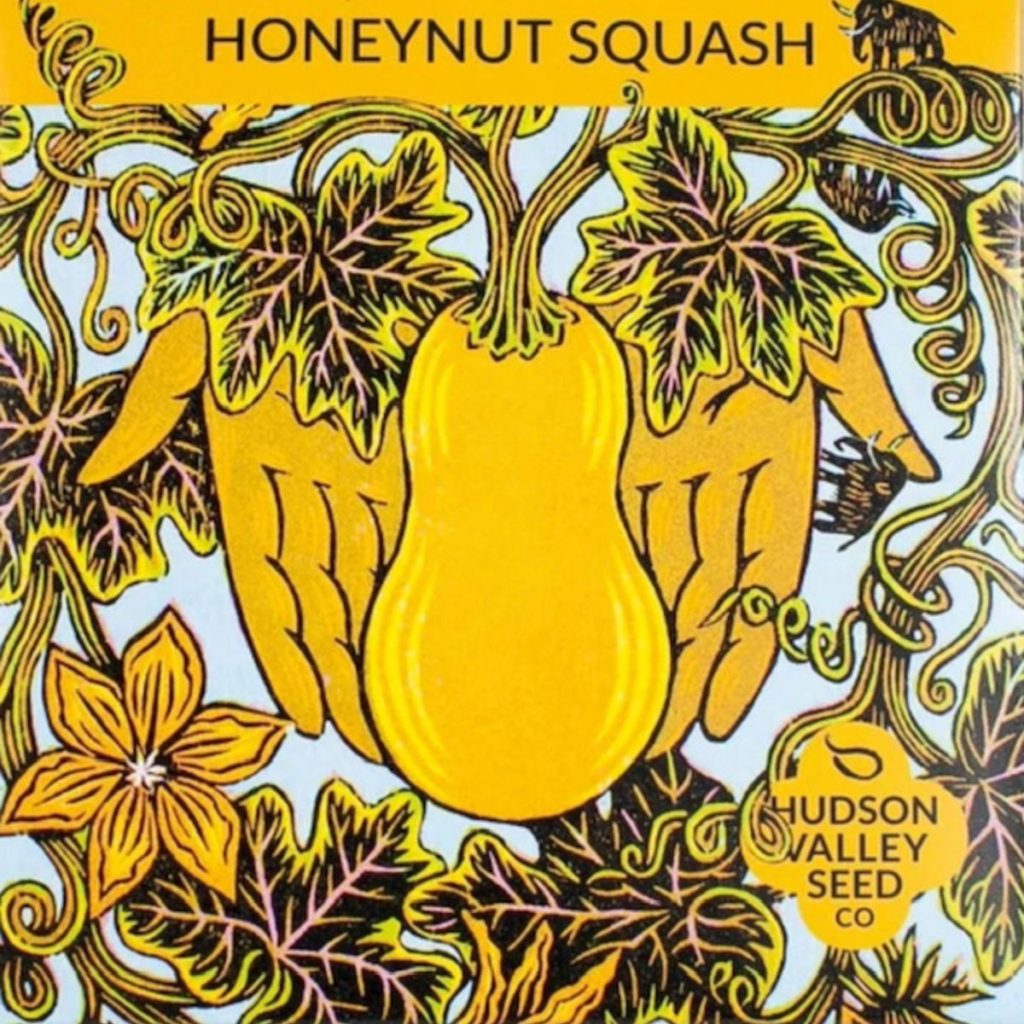
What else should I look for?
I also love Hudson Valley Seeds for the beautiful packaging – also an organic supplier. Both Johnny’s Seeds and Burpee carry a good selection but also have many varieties of disease resistant seeds. If you saw cucumber wilt in your garden last year, try a resistant hybrid variety this year. If you saw tomato blight, you can find a selection of seeds that may have some resistance. It’s worth looking around for seeds that will help you have the most successful garden for your specific zone and climate.
And finally, remember to share! If you buy too many seeds, or you have a packet with more seeds than you need, offer them to a friend or neighbor and share the garden love!
